Personal Protective Equipment (PPE) is washing up on coral reefs close to the Philippine capital, Manila. Environmental groups are warning that the plastic inside face masks is breaking down and being consumed by marine wildlife.
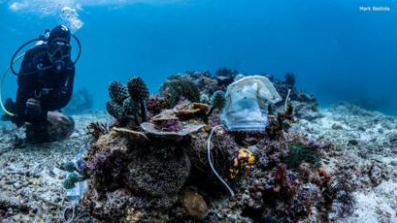

Personal Protective Equipment (PPE) is washing up on coral reefs close to the Philippine capital, Manila. Environmental groups are warning that the plastic inside face masks is breaking down and being consumed by marine wildlife.
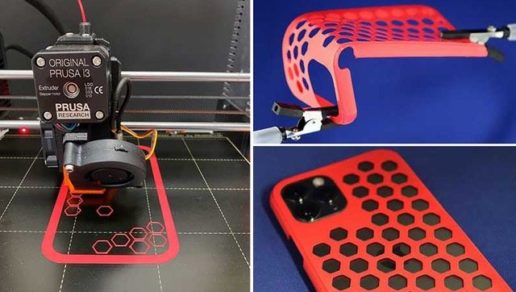
A new bio-based plastic has been made by researchers at the University of Konstanz in Germany that can be recycled with near-perfect efficiency, recovering 96 per cent of the starting material.
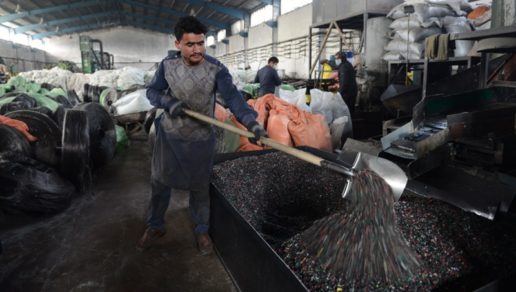
Afghan businessman Mohammad Zarif Ishaqzai is committed to turning trash into treasure. Ishaqzai, who established a small plant in western Herat province to recycle used items, believes that providing job opportunities could contribute to stabilising security in the country.

Noel Leeming is trialling a free e-waste recycling programme in partnership TechCollect NZ. The recycling programme aims to divert thousands of kilograms of e-waste from landfill.
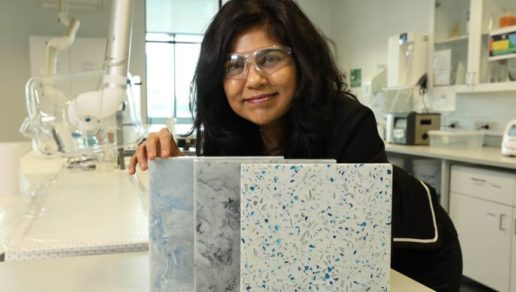
Professor Veena Sahajwalla’s innovative thinking has led to the idea of “green ceramics” — products made from technology that is set to revolutionise manufacturing and the way we furnish our homes.
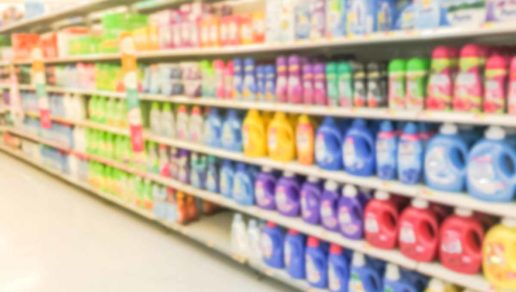
A slew of packaging products – a plastic aerosol can, multi-layer HDPE bottle, bottle and film labels – recently received recognition for their compatibility with plastics recycling processes.
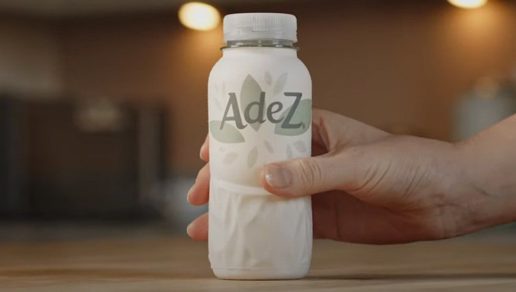
Coca-Cola is to test a paper bottle. The prototype is made from an extra-strong paper shell that still contains a thin plastic liner, but the goal is to create a 100% recyclable, plastic-free bottle capable of preventing gas escaping.
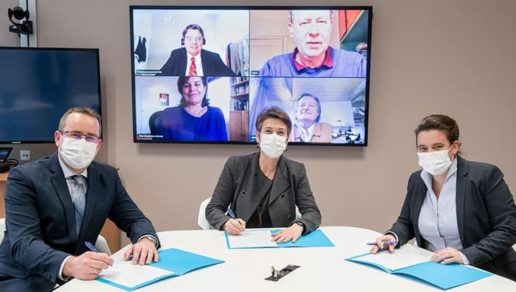
Tyre producer Michelin is beginning construction on its first tyre recycling plant in collaboration with Enviro, a Swedish company that has developed a patented technology to recover carbon black, oil, steel and gas from end-of-life tyres.
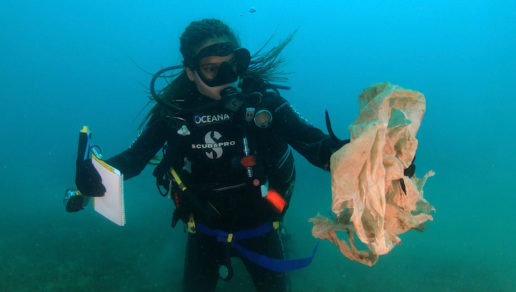
Practically nowhere on Earth has been untouched by plastics. This difficult-to-destruct material has been found at the furthest extremes of our planet, from the top of Mount Everest to the bottom of the world’s deepest ocean trench.
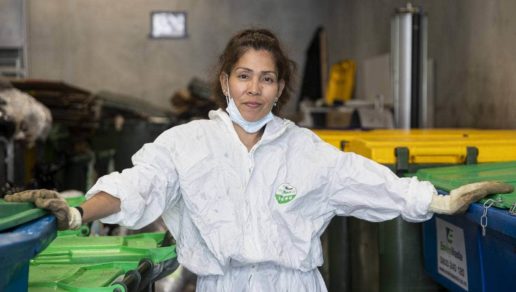
Former opera singer Rachel Ordonez heads a dedicated team of sorters at Christchurch’s Riverside Market, working throughout the week to ensure tenants sort their waste properly and any re-usable items are recycled.
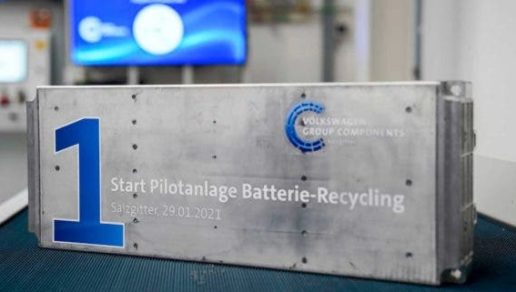
Volkswagon has begun a pilot to recycle its electric car batteries. “Our goal is to create our own circular process in which more than 90 percent of each of our batteries is recycled,” says Thomas Tiedje, head of technical planning.
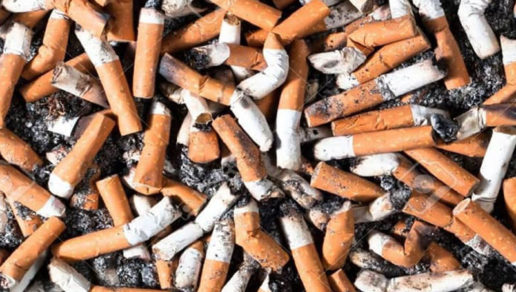
Cigarette butts are the most littered item in the world, with an estimated 4.5 trillion littered annually. Each butt can take 5 to 400 years to completely break down.